If you’re an Integrator™ this topic is probably on your mind a lot. Visionaries often lean on Integrators to handle tasks the Visionary doesn’t want to do. Nine times out of ten, that includes keeping the Visionary accountable.
Most Visionaries I know want to be held accountable for their promises. The key is to find strategies that deliver accountability without sacrificing effectiveness.
Why does a Visionary need accountability?
As a Certified EOS Implementer® I meet Visionaries with all sorts of personalities. For every daydreamer there’s a hard-nosed pragmatist. For every social butterfly there’s someone else with a reserved style.
Nevertheless, certain things are true about most Visionaries:
- They’re distracted by the future. Most Visionaries get a rush from thinking up new ideas for their business. As a consequence, they can lose sight of the work that’s right in front of them.
- Rigid processes leave them uninspired. Visionaries need Integrators in part because Integrators tend to be process-oriented people. A Visionary stuck in a step-by-step checklist quickly loses steam.
- They want to pursue a bunch of big ideas—right away. EOS® ideas like Rocks, the V/TO™, or the 3-Year Picture™ are there to force Visionaries to be selective about which dreams they chase.
The consequence of traits like these is simple: Visionaries aren’t always the best at holding themselves accountable. As a result, important work they need to do might not get done on time. Especially in companies where the Visionary is also the owner, self-accountability can be a big challenge.
Building Accountability Into Your Process
Most Visionaries want accountability for themselves. They have important work to do, but they sometimes struggle to set priorities. One Visionary I know likes to say, “I’m a leader who needs a leader.”
The good news is that the tools for accountability are built into the EOS Toolbox™. These are some of the most important ones:
- Make the Accountability Chart™ work for you.
A small business client of mine is led by a Visionary with all the traits we just described. For years his team encouraged him to hire an executive assistant. When he finally did, they added the assistant to their Accountability Chart directly under the Visionary. But they didn’t keep the flow of accountability one-directional. The assistant’s main job is to keep the Visionary accountable to his commitments over the course of each day. The result is a less stressed leader and a more productive team.
“Two-way” accountability is important in the Visionary-Integrator relationship as well. It may be important in other aspects of the business—for instance, a marketing agency I work with treats their sales lead as a client of their operations team, so accountability goes “sideways” in their organization as well as up and down. Feel free to experiment!
- Use regular meetings as accountability check-ins.
Visionaries often need help implementing a system that organizes their tasks. Rocks should capture the biggest to-do items. Smaller but still important items come up all the time. If there’s an assistant around, the Visionary can rely on them. But if there’s no assistant, the Integrator needs to step up.
The Integrator for one of my clients has adopted the habit of keeping an open-ended list of topics to cover at every Same Page Meeting™. When a new idea comes up, he’ll throw it onto the list in the company’s project management platform. “I put lots of things on there,” he told me. “Sometimes we only cover a few, but we aren’t allowed to forget anything. And now and then we’ll put a deadline on things that are ready for that.”
- Don’t forget to delegate!
Like everyone else, Visionaries will sometimes put off doing things they’d rather not do. I encourage every Visionary facing tasks like these to make a habit of always asking, “Should I delegate this?”
Wearing too many hats is a common feature of Visionaries who started their own business and now have five or ten employees. I work with one company where the Visionary is also the head of finance, the sales manager, and the HR manager. Because she enjoys sales the most, she sometimes neglects the financial and administrative parts of the business.
During a Level 10 Meeting™ her Integrator raised a budget question that the Visionary couldn’t answer. Rather than leaving it for another time, the Integrator said, “I will hire a consultant who can get us the answer.” At first the Visionary didn’t want to agree, but after a short conversation she recognized that her need for control was getting in the way of the company’s growth.
Delegating to another person streamlines the accountability challenge. Typically the Integrator oversees the person doing the work, so the Visionary not only stops being the focus of accountability, she can step out of the day-to-day details altogether.
Get the help you need.
Most people benefit from the occasional nudge to keep themselves on track. Visionaries need accountability as much as anyone. The members of the leadership team, especially Integrators, can each do their part to support the Visionary’s work.
You can also rely on your EOS Integrator™ to support your accountability process. If something isn’t working, we’re happy to lead the team through an IDS™ session to find a productive path forward.
What accountability strategies are working well for your business? Let’s start a conversation on LinkedIn. If you’d like to speak privately, feel free to give me a call at (818) 649-1103 or send me an email.


